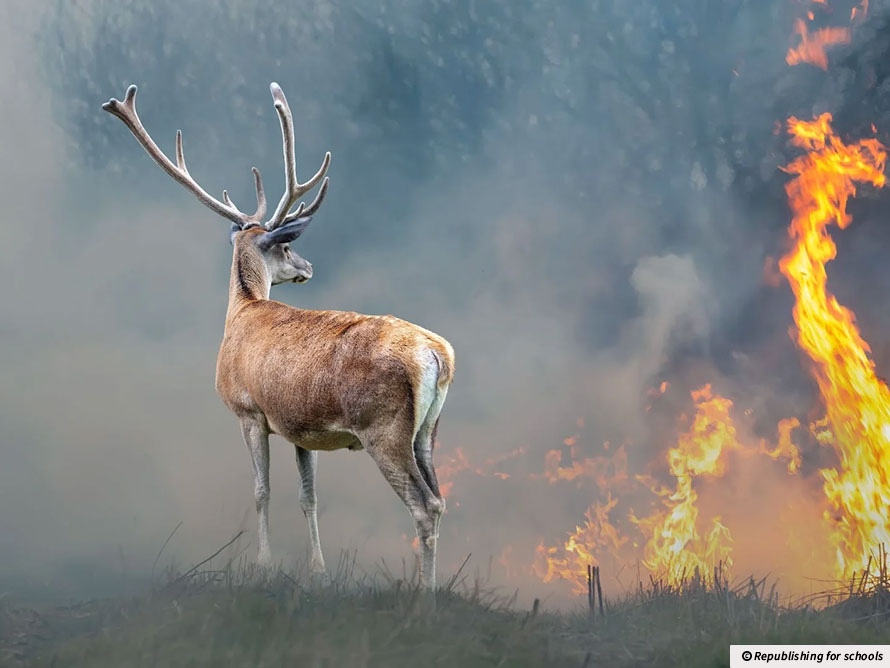Is this the new normal? Yesterday the Met Office announced that the average temperature for June beat the UK’s previous record by 0.9C — and that climate change was to blame.
Hottest June on record killed plants and fish
 Heat defeat: Until this year, 1940 and 1976 held the record, with an average of 14.9C.
Heat defeat: Until this year, 1940 and 1976 held the record, with an average of 14.9C. Glossary
River Derwent - A river in Derbyshire, England.
Beck - A stream. The word is most commonly used in northern England.
Drought - A time when there is not enough water and the ground is very dry.
Ecosystem - A complex network of living things that rely on each other to survive.
Nectar - A sugary fluid within flowers to encourage pollination by insects and other animals, collected by bees to make into honey.
Pollen - A fine powder produced by flowers that fertilises other flowers.
Met Office - The Meteorological Office is the United Kingdom's national weather service. It was established in 1854 to provide a gale warning service for shipping.
Luxembourg - A small country in Western Europe with a population of 640,000.
Mitigate - Make something bad less serious or dangerous.
